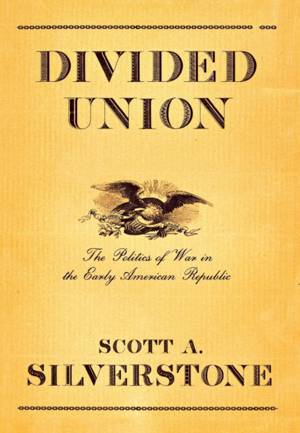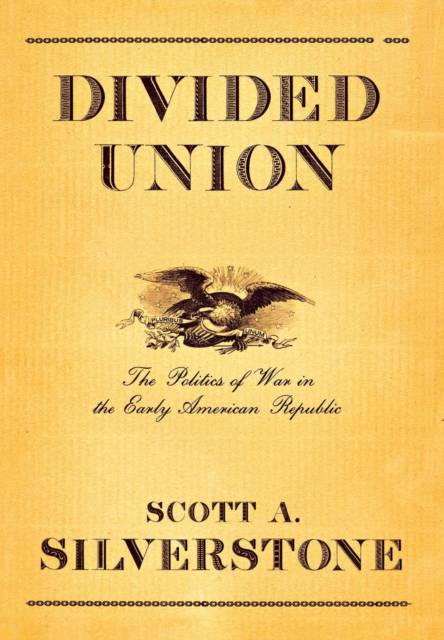
- Afhalen na 1 uur in een winkel met voorraad
- Gratis thuislevering in België vanaf € 30
- Ruim aanbod met 7 miljoen producten
- Afhalen na 1 uur in een winkel met voorraad
- Gratis thuislevering in België vanaf € 30
- Ruim aanbod met 7 miljoen producten
Omschrijving
Between the Revolutionary War and the Civil War, the United States was embroiled in competitive inter-state politics. Although it did not directly involve itself in European affairs, the United States did engage regularly in dangerous struggles with other states and with colonial powers with territory on the American periphery. Aside from the War of 1812, the Oregon Crisis, and the Mexican War, other "near misses" included here--disputes of 1807 and 1809 with Britain, with Spain over East Florida in 1811-13, with Mexico in 1853, and disputes with Spain over Cuba in 1853-55 and with Mexico in 1858-1860--have been ignored in the democratic peace literature. Scott A. Silverstone finds these cases particularly useful for testing alternative explanations of constraints on armed conflict, because the United States backed down each time, allowing each crisis to pass short of its full potential for violence.Silverstone builds on a nascent theory of institutional constraints on the use of force presented in the Federalist Papers to explain American attitudes toward participation in conflicts. He argues that the federal character of American democracy that emerged from the founding and the large size of the new American republic provide the keys to understanding its decision-making processes. Divided Union shows how the institutional features of federal union and the diverse social, economic, and security interests within this geographically extended republic created political conditions that impeded the use of force by the United States before the Civil War.
Specificaties
Betrokkenen
- Auteur(s):
- Uitgeverij:
Inhoud
- Aantal bladzijden:
- 288
- Taal:
- Engels
- Reeks:
Eigenschappen
- Productcode (EAN):
- 9780801442308
- Verschijningsdatum:
- 17/08/2004
- Uitvoering:
- Hardcover
- Formaat:
- Genaaid
- Afmetingen:
- 167 mm x 241 mm
- Gewicht:
- 553 g

Alleen bij Standaard Boekhandel
Beoordelingen
We publiceren alleen reviews die voldoen aan de voorwaarden voor reviews. Bekijk onze voorwaarden voor reviews.











